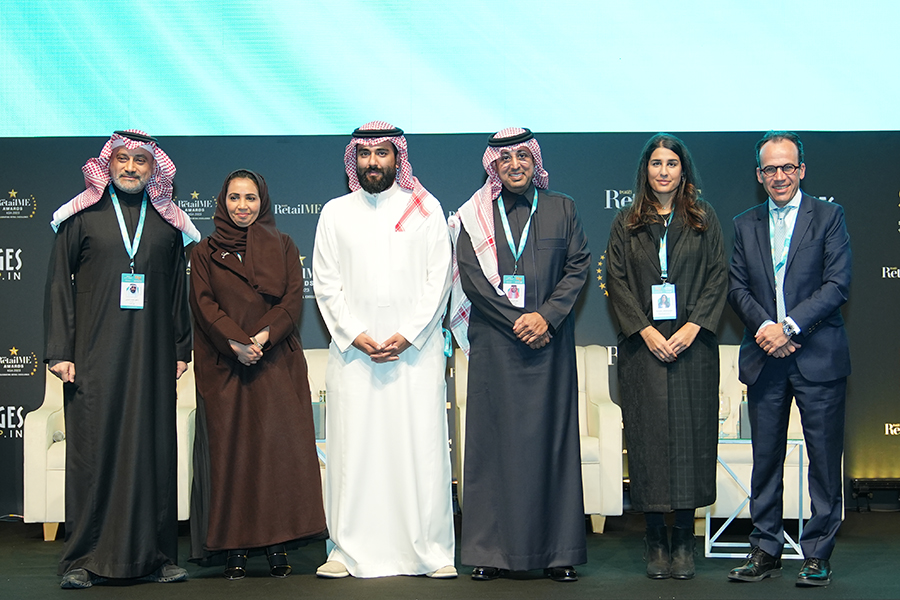
‘Locally Born, Ready For The Global Shores’ panel discussion at SRF 2023
Numerous homegrown brands from the Kingdom of Saudi Arabia are spreading wings globally, yet the local market continues to be their key focus area. Several interesting insights emerged from a panel discussion at IMAGES RetailME’s Saudi Retail Forum 2023.
“I’ve never seen an economy like Saudi Arabia that is pivoting and transitioning so fast, driven by several factors,” observed session moderator Dr Martyn Davies, Head of Retail Sector, Royal Commission for Riyadh City at the Kingdom of Saudi Arabia.
While structural reforms have led to tailwind to create homegrown entities, will these brands become truly multinational, he asked.
“While we plan to have a strong international base, we are very happy strengthening our base at home and within the region because I think there isn’t a lot of knowledge about Saudi’s rich culture, heritage, designs and the quality of products yet,” responded Tamara Abukhadra, Founder and Managing Director of Homegrown. It’s a decade-old platform for local and regional designers and brands from the creative industries with two brick-and-mortar stores, an e-commerce platform with plans to launch a mobile app soon.
“Homegrown is the go-to place for upscale regional brands, and we look to put them on the global map. For instance, we’ve done a pop-up in London that attracted people from Mexico, Hong Kong, Colombia and of course London, among others,” she added.
Elaborating the potential of the home market, Muzon Ashgar, Founder & Chief Executive Officer of local skin care and cosmetics brand MZN Bodycare said, “We started as a B2C brand and now we are into B2B, B2G, DTC so there is massive growth opportunity in the home market itself. With a sizeable population and booming tourism there is huge potential for homegrown brands in our market. Currently we mostly concentrate on KSA, followed by the UAE and plan to start selling in Kuwait and Qatar soon.” Notably, MZN Bodycare uses only local ingredients to produce its offerings, made locally in an all-female factory that the brand owns and operates.
“With very little capital we started our business Baytonia six years ago in Jeddah, buying from countries such as China and Vietnam. The idea was to start with furniture covering the entire home. Two years ago, we turned it into a marketplace not only having Baytonia products, but also products from big retail brands. Currently we have 200 sellers on the platform ranging from small to big brands,” shared Karam H. Rajab, Chief Executive Officer & Co-founder, Baytonia. “Pre-pandemic we used to ship across the GCC, which we stopped during Covid and never resumed. Our plan is to focus on the Saudi market in the short-to-medium term while visiting global fairs to showcase our products.”
“I launched our business in 2005 and managed to open 45 shops, venturing into countries such as Bahrain, Kuwait and China following the franchise model. However, then I decided to ramp down to 13 stores. In the era of brick-to-click, we decided to focus on creating a robust online presence, coupled with physical stores in prominent locations. I’ve also realised that its crucial to have the right infrastructure and talent to expand globally and sustain the growth trajectory,” added Dr. Mohammed Fitaihi, Founder, Baby Fitahi.
“We import a lot of items from all over the world. At the same time, we focus on our private label. We’ve built a factory spread across 10,000 square metres and have almost 350 products in our backend. What we do is analyse data to ensure that our offerings align with what our customers want and need. That’s crucial for expansion too,” concluded Khaled Al Darwish, Chief Executive Officer, Manuel Supermarket.
Notifications